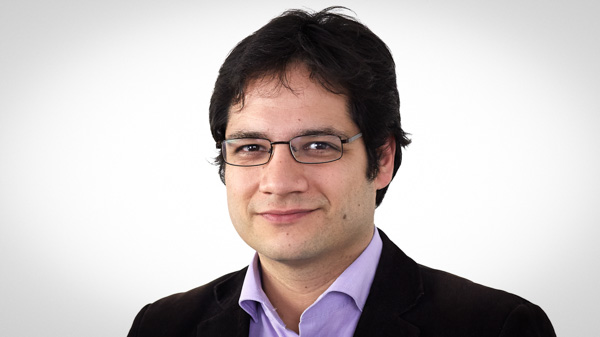The paper acknowledges a growing web of legal norms that regulate governance aspects of the Internet. Some of these norms are legally binding; others are closer to what some scholars call soft law. In order to take stock of these developments, I propose an explorative typology that can bring some systematic order into the plurality of Internet norms. Although my framework is not exhaustive, it already sheds some light into future challenges that we should expect. The prospective types that I provide are (a) positivation of soft law, whereby the latter enters the formalized procedures of statutory law; (b) legalization through complementarity, which refers to positive legal instruments belonging to cognate fields flanking the content of soft law; c) informal legalization, which is based on the reproduction, dissemination, and persuasiveness of legal discourses; d) conflicting legalization, a type that aims at highlighting the conflicts of laws that can arise due to the progressive legalization. The results reveal that different types of Internet norms also contain a considerable potential for mutual conflicts. Whenever this occurs, we will have to make some significant choices related to the prevalence of certain social goods over others. Since the Internet environment is not a democratic republic, we cannot resort to significant procedural rules that could ordinarily prescribe hierarchies. However, the results of my typology also seems to suggest that there is considerable room for ordering principles and values according to deliberative arrangements or public reasoning. Although research on Internet governance has provided valuable insights into actors, processes, and interests, the time seems right to focus on the proto-legal order that is already in place. The normative question is already waiting for us: How should we deal with this nascent web of Internet laws? The paper claims that unless we shut down the Internet, we will have to engage in dialogue about the “c” word; “c” as in constitution.


